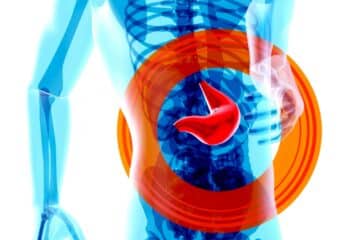Clinically we find that most, if not all, conditions people arrive with are related to stress of some kind. One wonders what “stress” means exactly. This a word that has many definitions but we could start with its root meaning, which the Oxford English dictionary indicates is from the Latin strictus which means ‘drawn tight’….one can most certainly see how that might apply!
Also from that same dictionary, one of many definitions given denotes HOW those outside stressors might affect you: a state of mental or emotional strain or tension resulting from adverse or very demanding circumstances.
The Mirriam-Webster dictionary offers an appropriate definition for the word, specifically relating to the outside factors AND their effects: a physical, chemical, or emotional factor that causes bodily or mental tension and may be a factor in disease causation.
Physical stress examples might include repetitive motion such as the repeated swinging of a hammer by a carpenter or long hours sitting at a computer by someone working in an office. Acute physical stress examples could include the impact of injury sustained in a car accident or a sprained ankle that occurs while playing basketball.
Chemical stress examples might include consuming high quantities of fast foods containing highly processed, high-chemical ingredients or breathing in paint fumes or using skin products with hard-to-pronounce ingredients that are toxic.
Emotional stress examples might include losing a loved one, having intense overwhelming work deadlines for years on end or having to interact with difficult people in your life.
So what impacts do stressors have on you? From the point of view of Oriental Medicine, many systems can be impacted which might reduce those systems’ ability to adapt to stress, thus leading to some symptoms listed below. Among those systems affected, the Liver, the Heart, the Kidney/Adrenal system and the nervous system are perhaps the most impacted and the most involved with stress on the body. When those systems break down they can lead to symptoms we commonly see in the office: headaches/migraines, muscle pain/tension/tightness, allergies/sinus issues, digestive issues being some of the most common symptoms related to stress. Obviously many, many more symptoms can occur when one’s body and those systems listed above are not adapting to stress.
So what can be done to prevent stress from impacting you? Oriental Medicine, over 1000’s of years, has developed a basic approach to handling stress using five main branches: exercise, nutrition, Acupuncture, Chinese Herbal Medicine and massage….all of which can assist the systems mentioned above in their functions of reducing the negative effects that stress can have on the body.
What can you do to prevent stress? Interestingly the position we hold in the clinic is not necessarily to “avoid all stress”, rather, our job is to get the body more able to overcome those negative effects the body might experience. Certainly there are steps one can take in life that we have found that allow nutrition, Acupuncture and Chinese Herbal Medicine to work better, including:
- Reducing or eliminating the intake and exposure to toxic chemicals
- Reducing or eliminating contact with problematic people or developing ways to manage being around those people so they are unable to negatively affect you
- Getting enough restful sleep at night
What we see clinically—even when it is not a patient’s primary concern— is that ONE OF ACUPUNCTURE’S VITAL PURPOSES IS TO HELP THE BODY ADAPT TO AND OVERCOME THE PHYSICAL, CHEMICAL AND EMOTIONAL STRESSORS OF LIFE!


